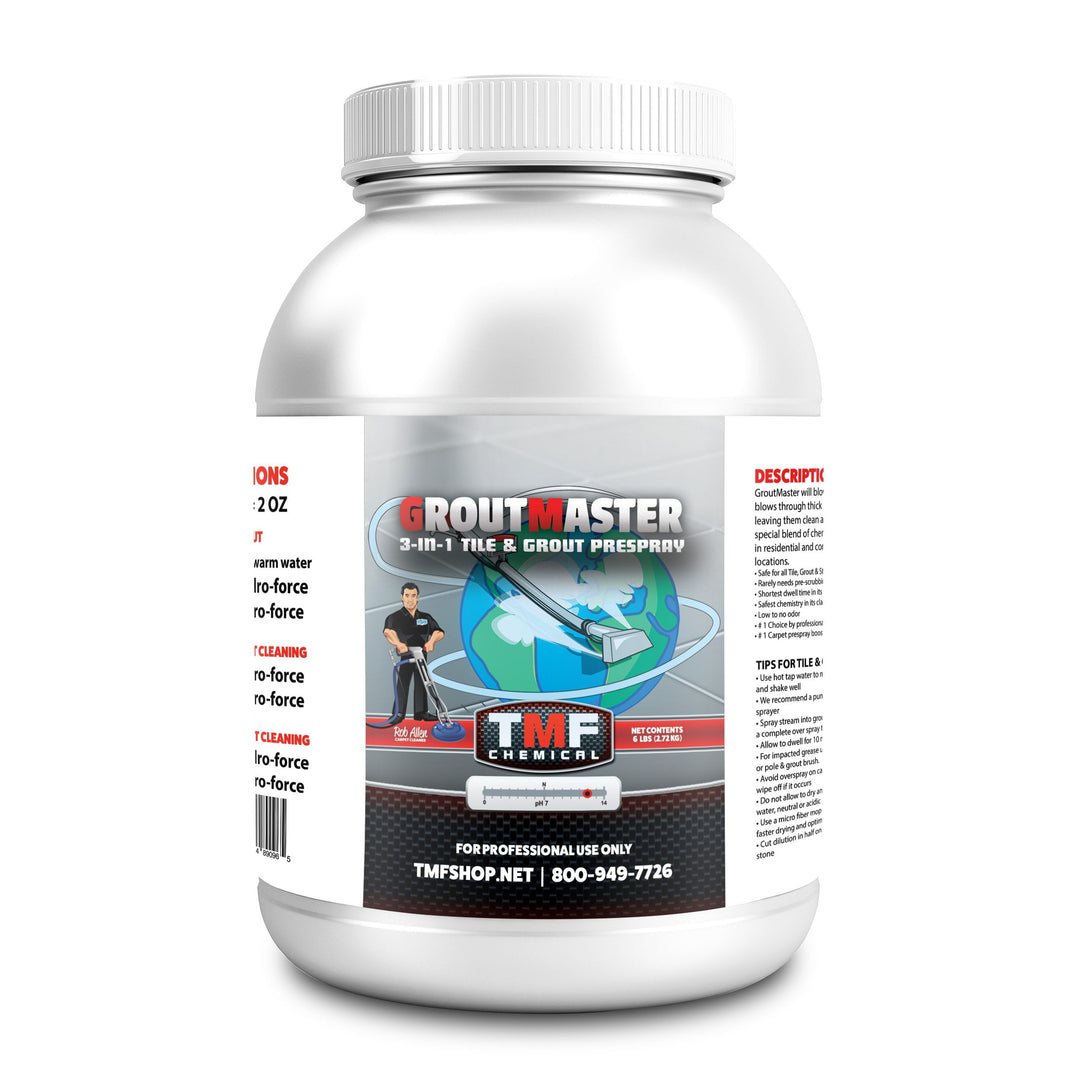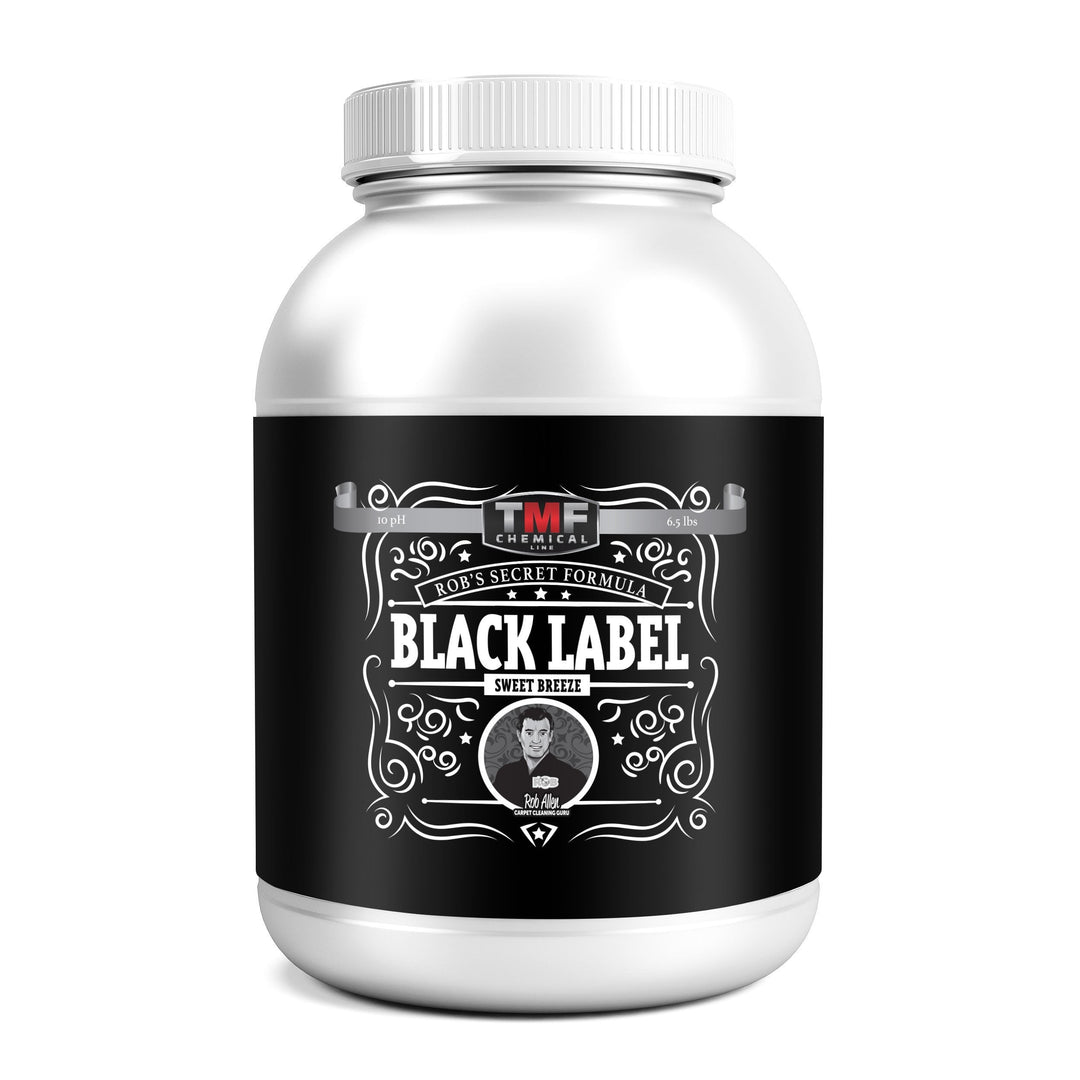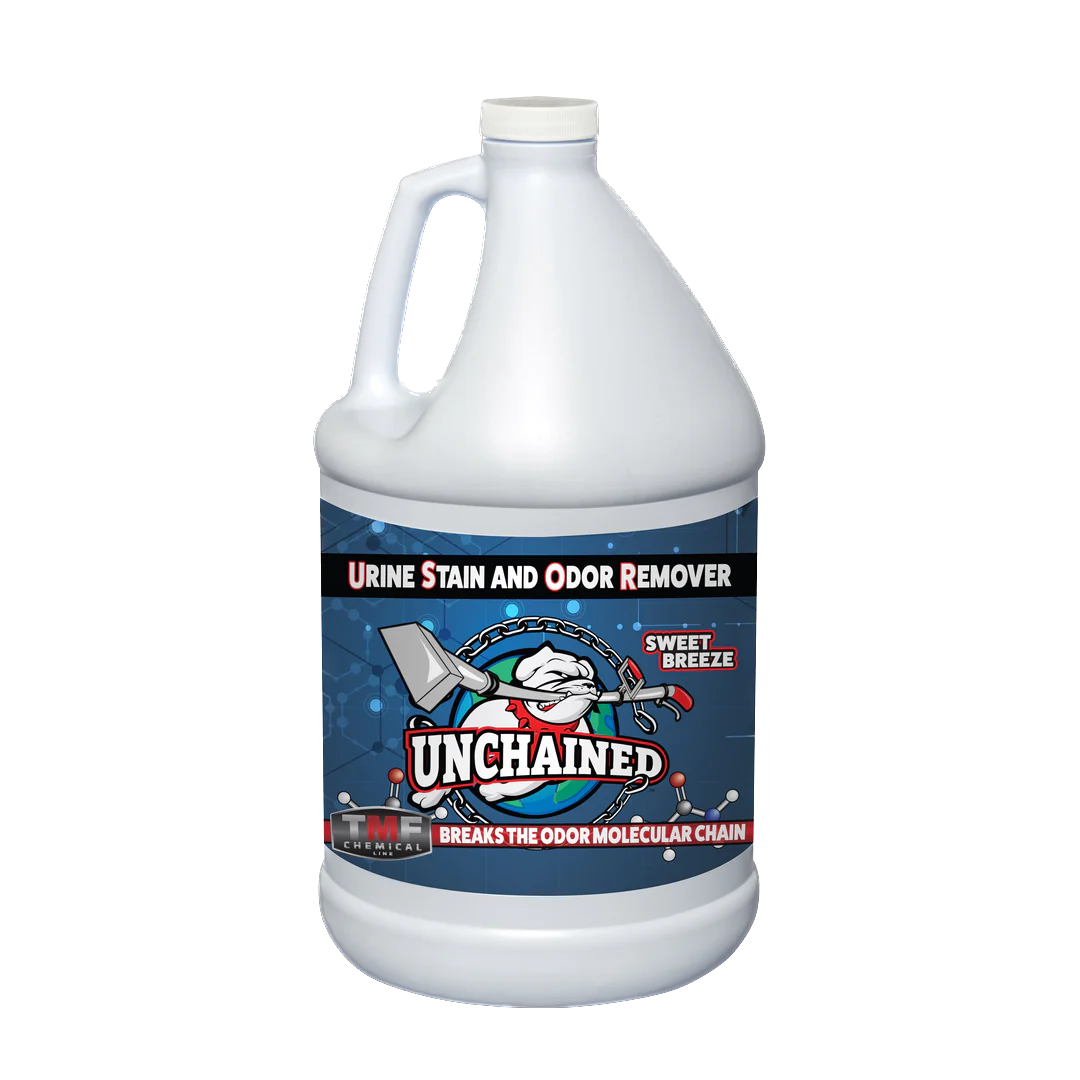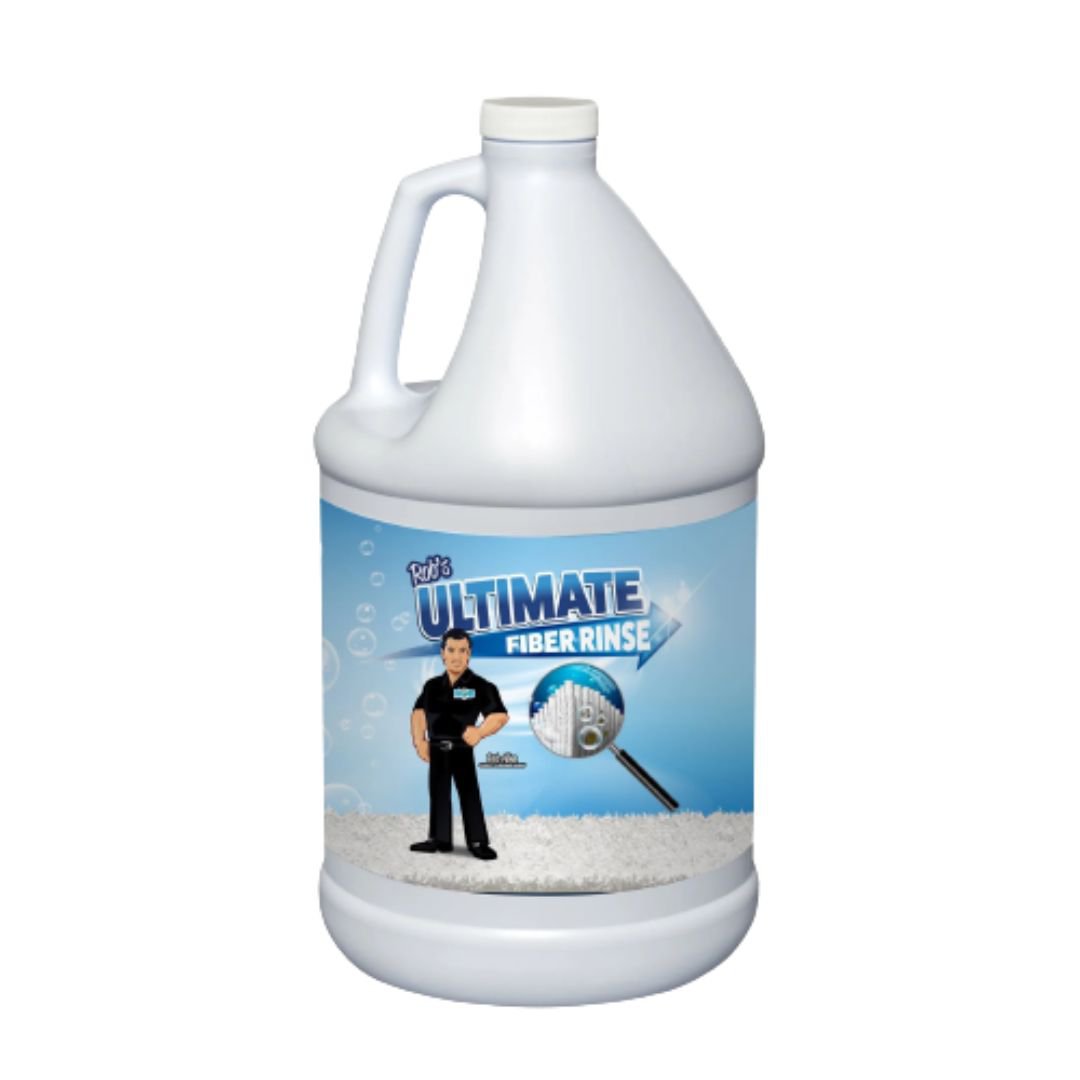How to Get Grease out of Wood
Wood is a natural, durable material that adds warmth and character to any home. But it can get dirty, especially with grease, which can soak into the wood and leave ugly marks.
So to keep your wood flooring and furniture in good shape, you'll need to learn how to get grease out of wood. And that's where we come in.
In this article, we'll show you some quick and easy ways to get rid of grease stains. With our help, you'll be able to keep your favorite wooden pieces in great shape.
What this article covers:
- Identifying the Type of Grease Stain
- Preparing to Clean Grease out of Wood
- Removing Grease from Wood: Step-by-Step Instructions
- Treating the Wood after Grease Removal
- Preventing Future Grease Stains
Identifying the Type of Grease Stain
Most grease stains fall into one of these three main categories:
- Food-based grease: Oils, butter, and other greasy foods that get on your wood surfaces by accident cause these stains. A grease stain from food is easy to spot because it usually looks yellowish or brownish and may feel oily when you touch it.

- Mechanical grease: These stains can be hard to get rid of because they often have heavy oils and other chemicals in them. Mechanical grease stains are easy to spot because they are dark, often black, and feel oily and slippery. Getting these black stains out of the wood might require more specialized products.
- Oil-based grease: Oil-based stains come from makeup, hair products, or even your own natural body oils. These stains feel slick and make the wood look darker. Luckily, cleaning oil stains on wood isn’t too difficult.
Preparing to Clean Grease out of Wood
Gather the Necessary Tools & Materials
To remove grease stains from wood, you first need to gather the right tools and supplies. Depending on which method you choose, you'll need the following:
- Soft cloths or microfiber towels
- A soft-bristle brush
- A bowl or bucket for mixing cleaning solutions
- Rubber gloves to protect your hands
- A spray bottle for applying cleaning solutions (optional)
Test Your Cleaning Products on a Hidden Area
Apply a small amount of the chosen cleaning solution to a hidden spot. Check for any damage, changes in color, or adverse reactions. If the test area looks good after cleaning, you can safely treat the grease-stained area.
Removing Grease from Wood: Step-by-Step Instructions
Method 1: Mild Dish Soap Solution
- Mix the solution: In a bowl or bucket, mix a few drops of mild dish soap with warm water. Mix the ingredients until they start to foam.
- Apply to the stain: Soak a soft cloth or sponge in the soapy solution, and then dab it gently on the grease stain, being careful not to soak the wood.
- Use a soft cloth to remove: Use the damp cloth to gently rub the stained area in the direction of the wood grain. This will help get the grease off.
- Dry the area: Use a dry, soft cloth to wipe the cleaned area to get rid of any extra water and prevent water damage. The last thing you want is to have to get a water stain out of your wood furniture on top of everything else.
Method 2: Apply a Degreaser
- Apply a degreaser to the stain: Use a degreaser made for wood surfaces and follow the directions on the bottle to apply it directly to the grease stain.
- Let it sit for the recommended time: Let the degreaser do its job for as long as it says on the product's label.
- Remove with a soft cloth: Using a clean, soft cloth, gently wipe the degreaser and grease off the wood surface in the direction of the wood grain.
- Dry the area: Wipe the area you just cleaned with a dry cloth to make sure it is completely dry. This will get rid of any moisture that may still be there.

Method 3: Baking Soda & Vinegar
- Mix the paste: In a small bowl, mix equal amounts of baking soda and white vinegar to make a thick paste.
- Apply to stain: Gently spread the paste over the grease stain with a soft-bristled brush or an old toothbrush.
- Scrub it gently: Scrub the stain carefully with the brush, making sure to go with the wood grain so you don't scratch the surface.
- Wipe away with a damp cloth: After you've scrubbed the stain, use a damp cloth to remove the baking soda and vinegar mixture and any grease that came off.
- Dry the area: Use a soft, dry cloth to dry the area completely to avoid water damage.
Treating the Wood after Grease Removal
Sand & Refinish (if Necessary)
If the grease stain went deep into the wood or damaged the finish, you might need to sand the area and refinish it.
To do this, do the following:
Sand the damaged area carefully with fine-grit sandpaper. Make sure to go in the same direction as the wood grain to keep the damage from getting worse.
To get rid of sanding dust, use a soft, dry cloth. Make sure the sanded area is completely clean and dry before applying a stain or finish that matches the rest of the wood.
Use Wood Polish or Wax
Once the wood is clean and free of grease, you might want to protect it and make it look better with a good wood polish or wax, especially if you've just sanded it.
Choose a product that fits your needs and use it according to the manufacturer's instructions. This way, you can make sure that the layer you put down is smooth and properly protects the wooden surface.

Preventing Future Grease Stains
Proper Maintenance
Clean your wood often, ensuring that you use gentle products that are designed for wood. Regular cleaning helps get rid of dust, dirt, and light stains, which makes it less likely that long-term buildup will leave stubborn grease stains. Fresh grease stains and spills are always a lot easier to clean up.
Polish or wax your wood floors and furniture to keep them in good shape. This makes a barrier that keeps stains and damage from getting through.
Use Protective Measures
Prevention is always better than cure. We recommend using things like tablecloths and placemats on your tables and carpets for the high-traffic areas of your floors.
Address Spills & Stains Immediately
If something spills or breaks on your wood, clean it up right away. The less of a chance that a spill has to soak into the wood, the easier it will be to clean up.
When grease gets all over a surface, quickly soak up as much of it as you can with a clean, dry cloth. It's better to dab or soak spills, as scrubbing them too hard will spread the grease and make the stain worse.
Follow up with a proper cleaning method, like the ones in this article, to make sure all the grease is gone and to protect your wood surfaces from long-term damage.
Conclusion
In conclusion, while getting stains out of wood might seem like a disaster, they don't have to be. By following our steps and tips, you'll have any unsightly marks on your wood furniture and floors cleaned up in no time, and you can keep your surfaces looking good for years to come. It’s important to do it right away, so you can avoid having to clean up sticky residue from your wooden surfaces.
Make sure to get only the best products for your cleaning needs. From tools to carpet cleaning supplies, we've got you covered.
Did you find our blog helpful? Then consider checking other guides:
- How to Get Blood out of Wood
- How to Get an Alcohol Stain out of Wood
- How to Get Ink out of Wood
- How to Remove Smoke Smell from Wood Furniture
- How to Remove Odors from Wood Furniture
- How to Get Berry Stains Out of Wood
- How to Remove Hand Oil from Wood Furniture
- How to Remove Paint Stains from Wood Furniture
- How to Get Stain Out of Hardwood Floor
- How to Remove Dark Stains from Hardwood Floors
- How to Remove Glue from Wooden Floor
- How to Remove Water Stain from Wood Floor
- How to Clean Hardwood Floors Without Streaks
- Best Tools to Clean Hardwood Floors
- How to Clean Prefinished Hardwood Floors









